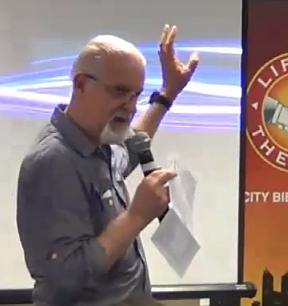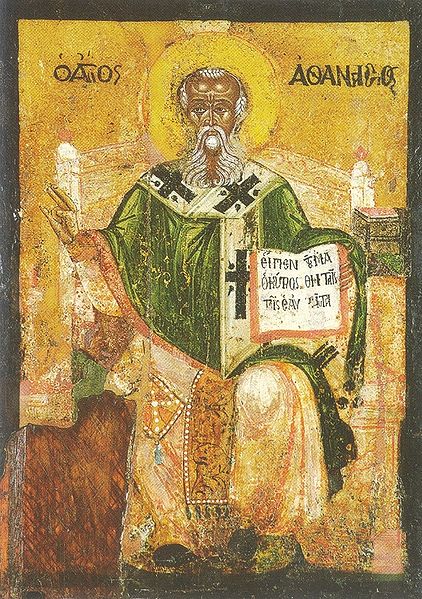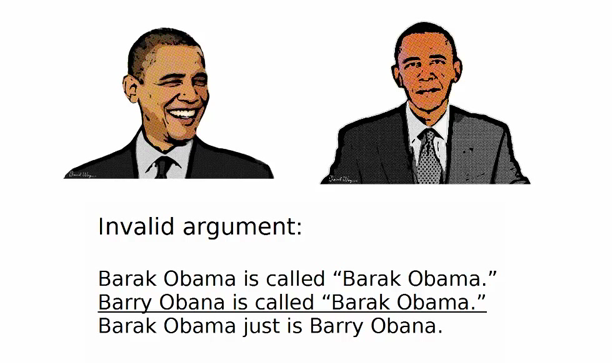podcast 9 – post-debate interview with Pastor Steve Katsaras
In this episode I get post-debate reflections from the (biblical) unitarian Christian debater, Steve Katsaras. He’s the founding pastor of the Red Words Church in Melbourne, Australia . His sermons are regularly podcasted here. If he sounds a little sleepy, that’s my fault; I asked him to talk to me on the same night as the debate, and he graciously agreed. We discuss highlights of… Read More »podcast 9 – post-debate interview with Pastor Steve Katsaras










 Eminent Bible scholar
Eminent Bible scholar 


 Let’s pretend that this shows Jesus at the age of 3 months. Does the New Testament teach that no more than 12 months before, Jesus came into existence (for the first time), that is, in philosopher’s lingo, that he was generated?
Let’s pretend that this shows Jesus at the age of 3 months. Does the New Testament teach that no more than 12 months before, Jesus came into existence (for the first time), that is, in philosopher’s lingo, that he was generated?



